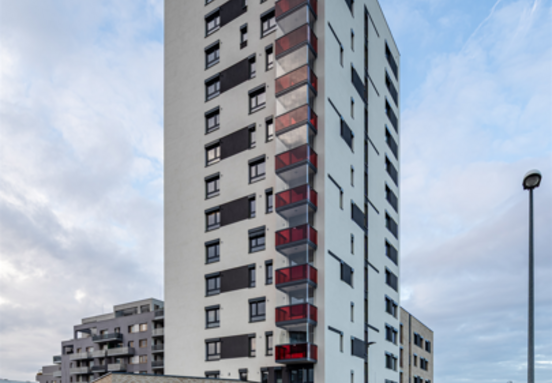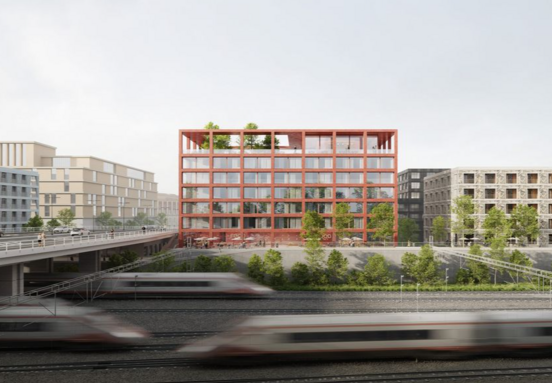Only a small fraction of commercial buildings in Prague currently meet high energy efficiency standards (EPC class A or B). Many properties are rated C or below, or lack comprehensive energy data altogether. Experts highlight that existing Energy Performance Certificates (EPCs) can often be misleading, sometimes overestimating or underestimating actual energy consumption due to outdated methodologies. This poses a significant challenge for businesses looking to make informed decisions about their operational footprint.
The Game-Changing EPBD IV Directive: From Recommendations to Requirements
A major shift is on the horizon for the European property market with the new European Directive EPBD IV, slated for transposition into Czech legislation by May 2026. This directive fundamentally transforms the approach to energy efficiency, moving decisively from mere recommendations to enforceable sanctions. For businesses seeking commercial space, this means that energy performance will no longer be an optional extra but a critical compliance and cost factor.
Key Mandates for a Greener Future
EPBD IV introduces several stringent requirements designed to accelerate the transition to a zero-emission building stock:
- Minimum Energy Performance Standards (MEPS): Property owners will be mandated to renovate 16% of the least energy-efficient buildings by 2030, with a further target of 26% by 2033. This directly impacts the availability and quality of older commercial properties.
- Zero-Emission New Constructions: From 2028, all new constructions must be effectively zero-emission buildings, setting a new benchmark for modern commercial spaces.
- Building Renovation Passport (BRP): Updated EPCs will now include a BRP, a comprehensive plan outlining gradual improvements needed to achieve a zero-emission building stock by 2050. This provides transparency on a building's long-term energy strategy.
What This Means for Businesses Renting Office or Warehouse Space
As a business tenant, these changes have direct implications for your bottom line, sustainability goals, and future-proofing strategies:
Reduced Operational Costs
Renting space in a highly energy-efficient building means significantly lower utility bills. As energy costs continue to fluctuate, choosing a property with a strong EPC rating or a clear BRP can lead to substantial savings over the lease term.
Enhanced ESG Profile and Compliance
With increasing pressure to meet Environmental, Social, and Governance (ESG) targets, occupying a sustainable building directly contributes to your company's green credentials. EPBD IV ensures that landlords are actively working towards these goals, aligning with your own corporate responsibility objectives.
Future-Proofing Your Business
Leasing an outdated, energy-inefficient property could expose your business to future risks, including potential higher service charges if landlords are forced to make costly, last-minute upgrades. Prioritizing buildings already compliant or with clear renovation plans ensures stability and avoids potential disruptions.
Beyond the EPC: Strategic Due Diligence
Property experts advise businesses to look beyond basic EPC ratings. When evaluating potential new premises, consider requesting additional assessments such as carbon footprint analyses, CRREM Risk Assessments, or EU Taxonomy alignment reports. These provide a more holistic view of a building's environmental performance and long-term sustainability, helping you manage environmental risks and make sound investment decisions for your company's physical footprint.
By understanding and prioritizing energy efficiency in your property search, your business can secure modern, cost-effective, and sustainable spaces that are ready for the future.
Source: property-forum.eu







